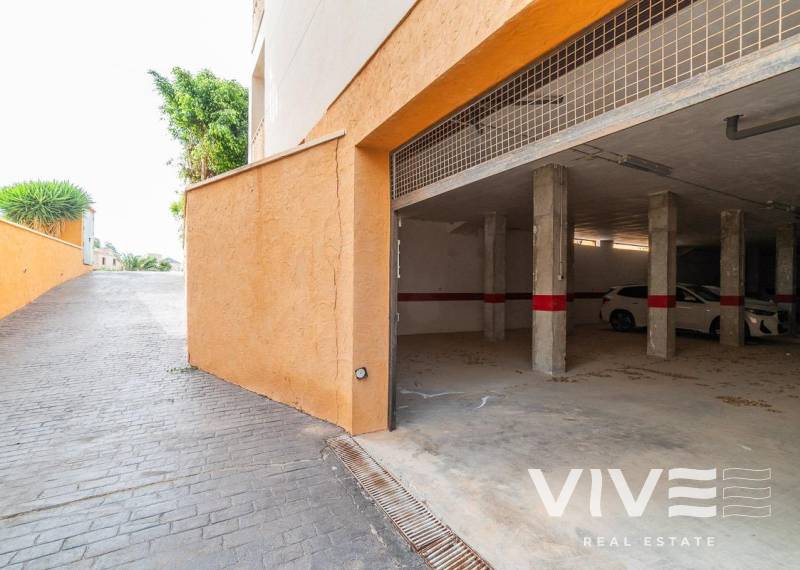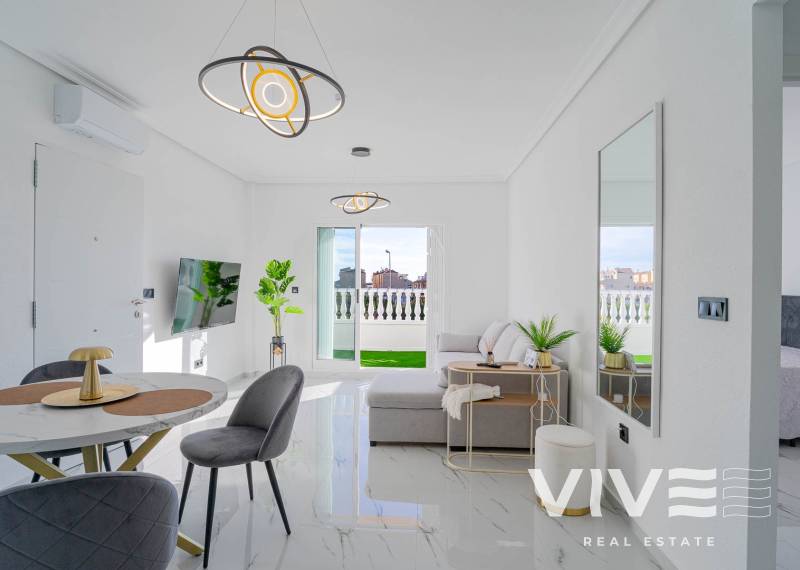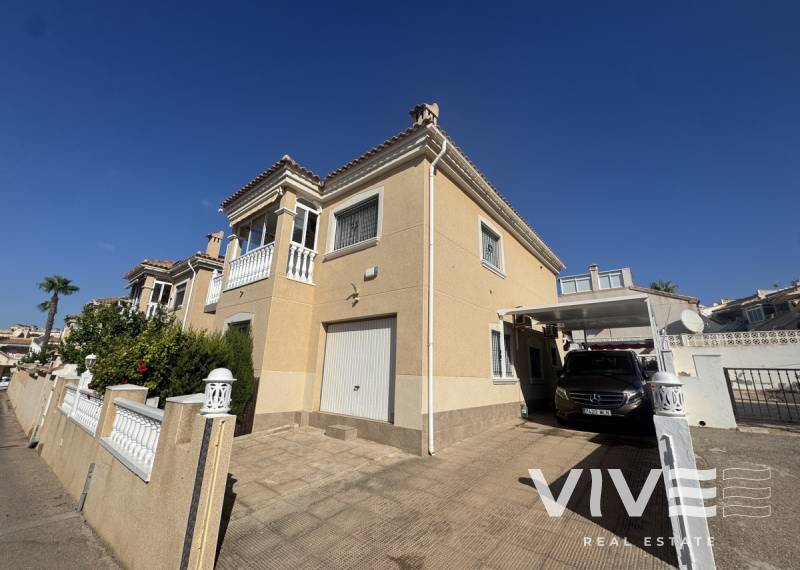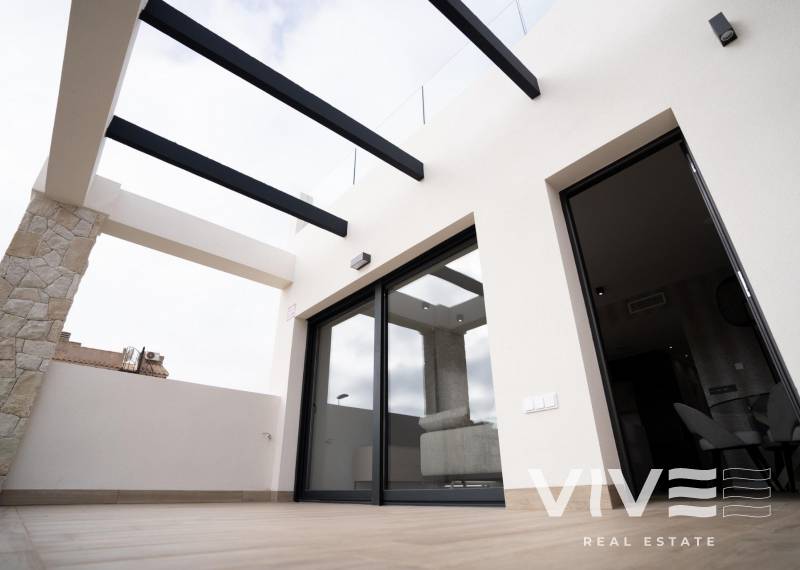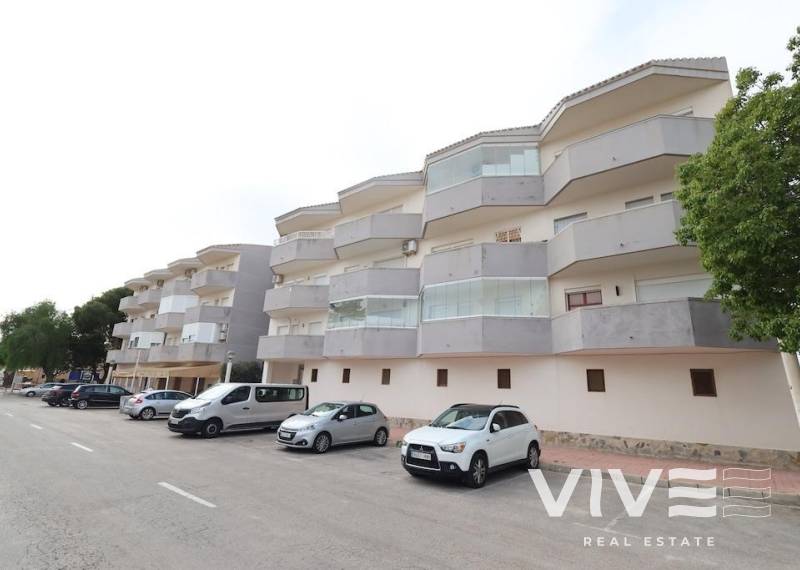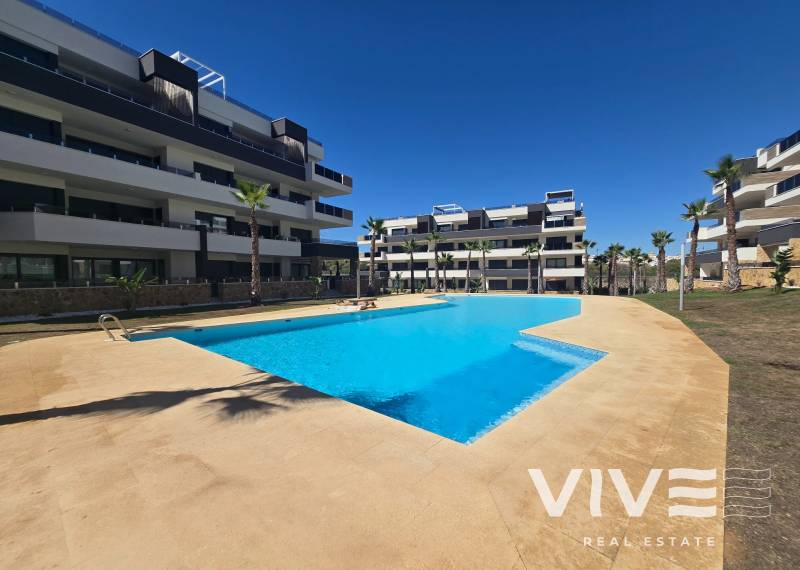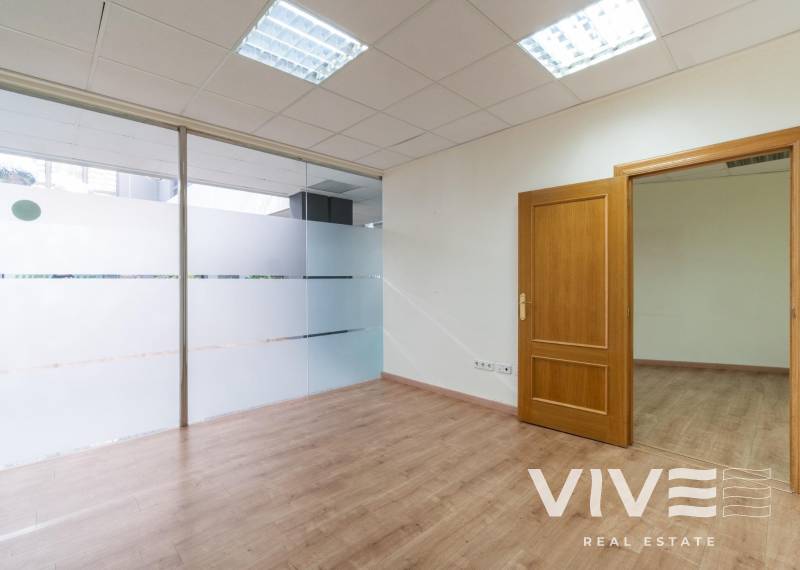Living on the Costa Blanca: How does public healthcare work if you’re a foreigner?
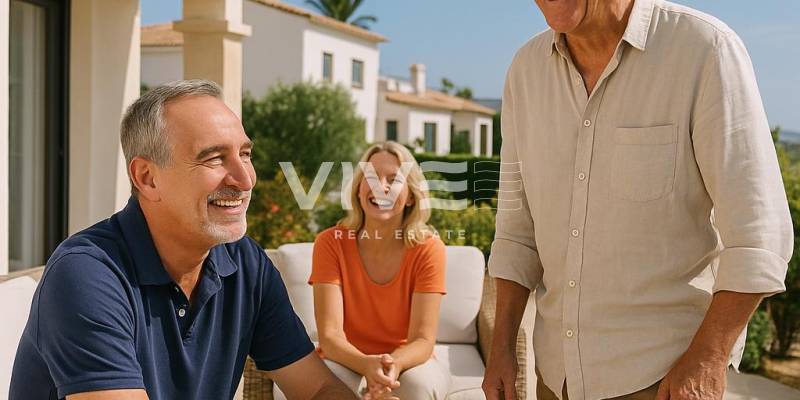
Living on the Costa Blanca: How does public healthcare work if you’re a foreigner?
More and more people from countries like the UK, Sweden, Germany or Poland are buying property on the Costa Blanca, attracted by the climate, relaxed lifestyle and high quality of life. Whether it's for a main residence, a holiday home or retirement, this part of the Mediterranean has become a true home for thousands of Europeans.
But beyond buying your dream property, there are other important things that come with relocating:
What about healthcare? Will I have a doctor? Can I use the public health system in Spain?
We hear these questions every day from our clients. Many have already purchased their home in the sun, but they’re unsure how to register at the health centre, get their SIP card or whether they need private insurance.
In this article, we explain everything clearly and step by step, so you can enjoy your new life on the Costa Blanca with complete peace of mind.
You’ve bought a home on the Costa Blanca… so what happens with your doctor?
After buying your home in Spain, you're probably busy with utilities, paperwork or even importing your car. But there’s something just as important: getting access to public healthcare in Spain.
Whether you plan to live here permanently or for extended stays, it’s essential to understand how the healthcare system works for foreign residents.
In the Valencian Community (which includes places like Torrevieja, Orihuela Costa, Guardamar, Altea or Jávea), most foreigners can access public healthcare, depending on their personal situation.
Let’s break it down.
Step 1: Register with your local town hall (Empadronamiento)
The first thing to do, no matter your nationality, is to register your residency with your local council. This is free and gives you the “padrón certificate”, which proves you live there.
What do you need?
-
Passport or NIE
-
Property title deeds or rental contract
-
Recent utility bill (water, electricity…)
This certificate is required for many processes, including healthcare registration.
Step 2: Are you entitled to public healthcare in Spain?
This depends on your personal and legal situation. Here are the most common cases for EU and non-EU citizens:
If you’re an EU citizen (note: post-Brexit UK is now non-EU)
1. If you're retired and receiving a state pension in your country:
You can apply for the S1 form in your home country (e.g. from the NHS in the UK, Försäkringskassan in Sweden, your Krankenkasse in Germany, or ZUS/NFZ in Poland).
With the S1:
-
Go to the Spanish INSS (Social Security office)
-
They’ll register you for public healthcare
-
Then you can apply for your SIP card at your local health centre
2. If you work in Spain (employed or self-employed):
If you pay into the Spanish Social Security system, you automatically have the right to public healthcare. You just need:
-
Your Social Security number
-
Empadronamiento certificate
-
And then go to your health centre to get your SIP card
3. If you don't work or receive a pension (non-lucrative residency):
You have two main options:
-
Take out a private health insurance policy (mandatory for residency applications)
-
Or sign up for the Special Healthcare Agreement (Convenio Especial) in the Valencian Community:
-
€60/month if you’re under 65, or €157/month if over 65
-
Gives you full access to public healthcare with no co-payments
-
This is a great option if you live in Spain long-term but don't qualify automatically.
Step 3: Get your SIP card
The SIP card is your gateway to Spain’s public health system in the Valencian region. With it, you can:
-
Visit your GP
-
Request specialists and medical tests
-
Access emergency services and public hospitals
Where do you get it?
At your nearest local health centre (Centro de Salud).
What do you need?
-
Passport or NIE
-
Certificate of empadronamiento
-
Proof of entitlement (S1, Social Security registration, or special agreement)
What if you prefer private health insurance?
Many expats choose to combine public and private health coverage, especially during their first months or to avoid long waiting times.
In the Costa Blanca area, many providers offer services in English, German, Swedish or Polish, including:
-
Sanitas
-
DKV
-
Adeslas
-
Caser
-
ASSSA (specialised in expat healthcare)
Some private policies include multilingual support or clinics with bilingual doctors.
Can I change doctors in Spain?
Yes. Once you have your SIP card, you can change your GP within your local health centre or switch to a different one closer to home. Just ask at the reception.
Your home on the Costa Blanca is your life now – take care of yourself
Living in Spain isn’t just about sunshine, food and sea views. It’s also about having peace of mind and access to a good healthcare system, whether public or private.
If you’re planning to move — or have already bought your dream home on the Costa Blanca — at Vivee Real Estate we help you not only find the perfect property, but also settle in easily with trusted advice, support and real-life guidance for a smooth transition.








